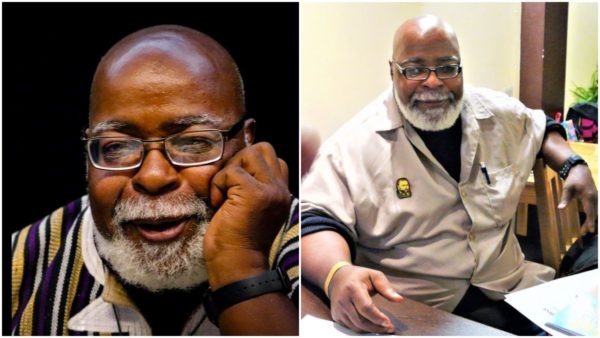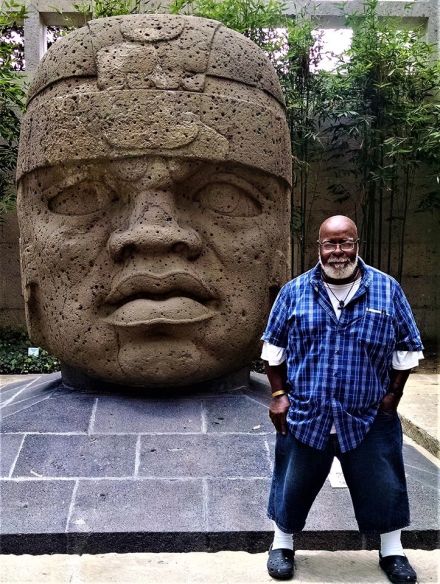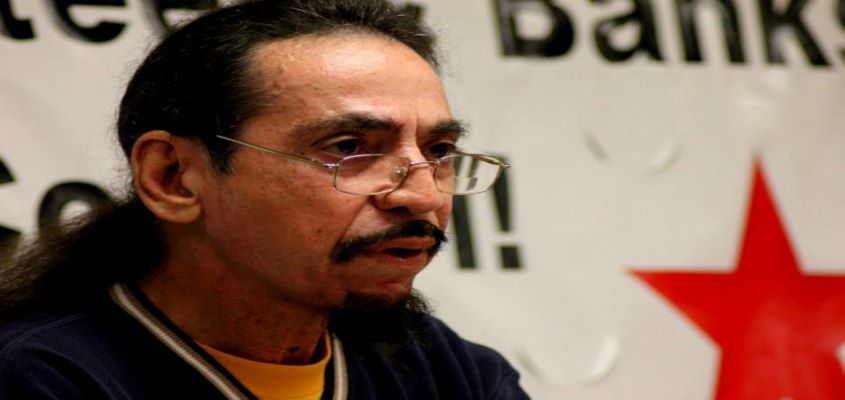Accelerationism is the obscure idea that’s inspiring white supremacist killers around the world.
Accelerationists reject any effort to seize political power through the ballot box, dismissing the alt-right’s attempts to engage in mass politics as pointless. If one votes, one should vote for the most extreme candidate, left or right, to intensify points of political and social conflict within Western societies. Their preferred tactic for heightening these contradictions, however, is not voting, but violence — attacking racial minorities and Jews as a way of bringing us closer to a race war, and using firearms to spark divisive fights over gun control. The ultimate goal is to collapse the government itself; they hope for a white-dominated future after that.
Accelerationism has bizarre roots in academia. But as strange as the racist movement’s intellectual history may be, experts believe it has played a significant and under-appreciated role in the current wave of extremist violence.
“It’s not an ideology that exists in a theoretical sense,” says Joanna Mendelson, a senior investigative researcher at the Anti-Defamation League. “It’s an ideology that has actually manifested in real-world violence.”
Source: Accelerationism: the idea inspiring white supremacist killers around the world – Vox






